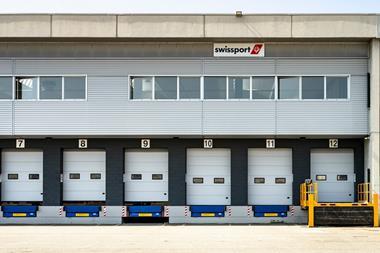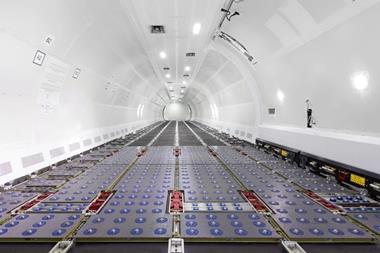The Hong Kong government has pushed backed the roll out of stricter cargo screening requirements in light of the current market downturn.
The Civil Aviation Department (CAD) said it would no longer require the screening of 25% of all non-known consignee shipments from October 1.
Instead, the deadline has been pushed back until January 1.
"The Government fully appreciates the industry’s strong demand to boost the export air cargo throughput towards the end of this year, especially noting the sharp decline in air cargo throughput in the first half of 2019," CAD said in a statement.
"In the light of the latest situation of the Hong Kong economy of which the air cargo industry plays a significant role, and in view of recent feedback received from the industry, CAD adjusted the transitional arrangement."
This adjustment will allow the air cargo industry more time to cope with the enhanced security screening requirements "amidst the economic challenges the industry is facing", the department explained.
Hong Kong's screening programme is part of the International Civil Aviation Organization's push for 100% of non-known consignee cargo to be screened by June 20, 2021.
Hong Kong decided to adopt a phased approach to meeting the requirement in order to give the air cargo industry plenty of time to prepare.
From May, 40% of cargo non-known consignee cargo will need to be screened, in September (2020) this will increase to 70% and then in March (2020) it will be pushed to 100%.
The transitional programme is not the only measure Hong Kong has put in place to help the industry meet the requirement.
In October 2018, it introduced the Regulated Air Cargo Screening Facilities Scheme (RACSF) to allow cargo to be screened at off-airport locations.
Earlier this month, U-Freight became one of the first freight forwarders to offer off-airport screening by becoming an authorised RACSF.















